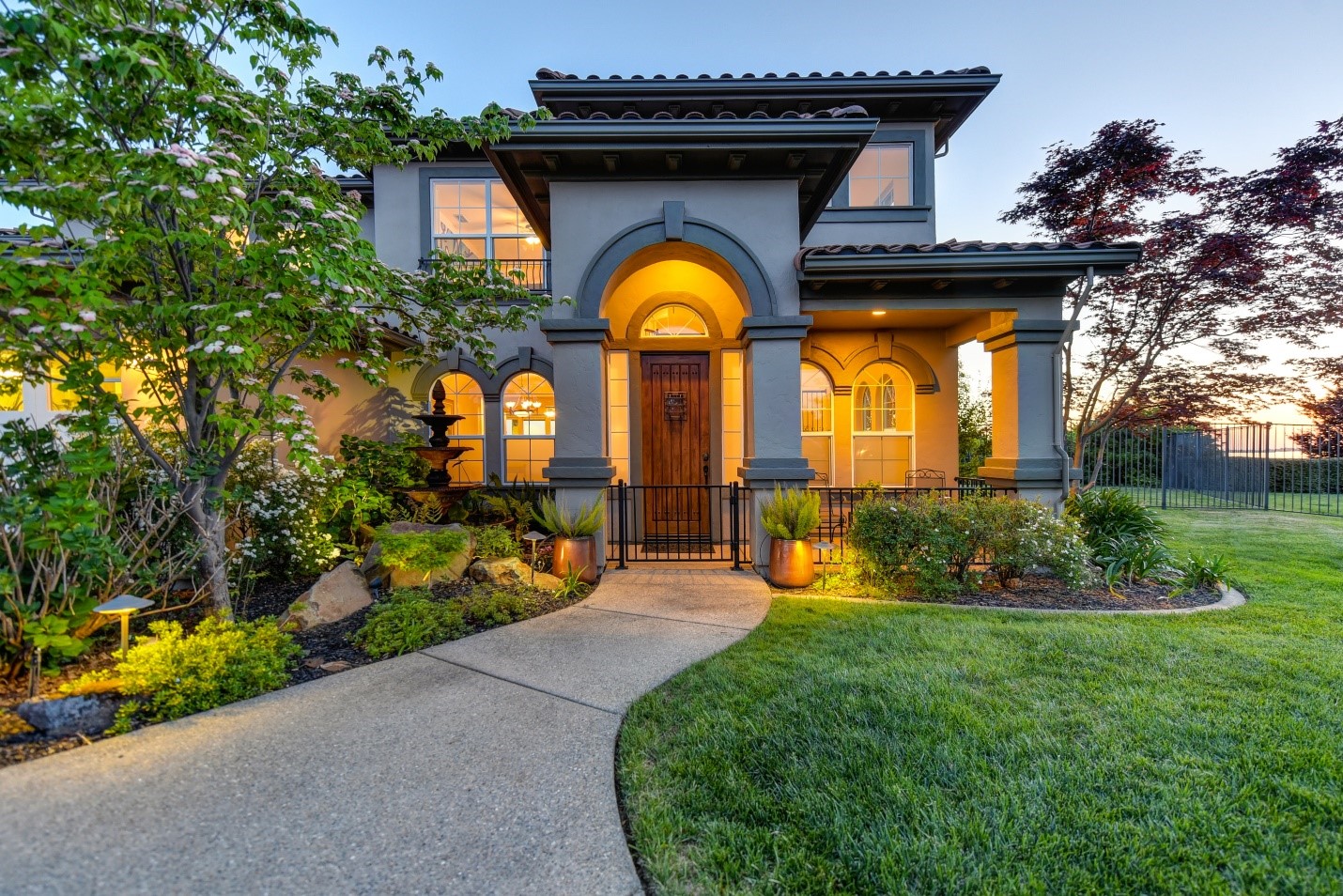Buying a house is one of the most important decisions you could ever make. It’s not something you wake up one day and decide to do—unless you’re a millionaire, of course. Anyway, it’s a decision that calls for a lot of consideration. You want to be certain about every step of the way before putting your signature on that final piece of paper.
The process of buying a home can be tedious. It will involve many back and forth with your realtor, several prospective homes to view, and inviting one or two friends or family to help size things up when you feel a bit biased. To help you in your journey to finding your dream home, we’ve prepared a few essentials to keep in mind before you commit.
The Interest Rates On Mortgage
One of the things that keep people from owning homes even though they want to is mortgage rates. Nobody wants to land their dream house only to work like a donkeys for the rest of their lives trying to pay it off. Mortgage rates tend to fluctuate with the years; however, in the past few years, the rates have been steadily low, making it as good a time as any to lock in on the low rates.
Before getting a mortgage loan, it’s important to calculate the interest rate and the APR to see how much you stand to spend on the mortgage and whether you can comfortably pay it.
The Buying Price
The thrill of owning a home can be blinding to vital considerations, and this is why you should not start looking at houses until you have come up with a set price range that reflects your abilities. Once you have determined your price range, go ahead and get pre-approved for a loan, and then you can start viewing houses.
It’s important to determine your price range before anything else because owning a home is a huge responsibility that does not end with buying it. Aside from the mortgage, there are other expenses involved.
Don’t Do It On Your Own
It can be tempting to offer the house in a listing and avoid the whole realtor business. After all, you’ll be cutting out the middleman. The truth is you’ll be exposing yourself to problems down the road that a real estate agent could have helped you navigate.
What you should know is that an experienced realtor knows the trade, he/she represents your interests, and they will get you out of a hole if they smell one. A realtor will negotiate the price and get you the best deal possible for that particular property. Also, there are tons of legal hoops to jump and contracts to sign; you need an agent to help you navigate the process.
Long-Term Commitments
Before settling on the decision to buy a house, it’s best to consider your long-term commitments and how they may be affected by the new move. For instance, you should think about several years down the road and ask yourself if you see yourself living where you are or where you want to buy in. If you are unsure about settling in one place, maybe buying a house is not the best idea yet. You will end up paying the mortgage and maintaining a house you no longer want to live in.
If you don’t have a family of your own yet, you may want to consider a future family in your decision.
The Neighborhood
The neighborhood you wish to buy in is something to keep in mind every step of the way. Determine the things you can live with and those you can’t because, in the end, no matter how amazing a house is, if nothing else about the neighborhood appeals to you, you will have a tough time living there. Your preferences are what matters. Talk to your realtor about the community, crime rates, amenities, and future development prospects. You don’t want to buy into a town because you loved the little park, only for it to be cleared and replaced with Condos or a global resort.
Additionally, you want to consider the location of the house you wish to buy within the neighborhood. How accessible is it? Do you like it close to the populace or further in?
How Old Is The House?
The age of a house can impact many things like renovations and the costs of maintenance. New houses built with the latest techniques and rules may be much cheaper and easier to maintain than a house from a previous generation with rules that no longer apply today.
However, if you are into old houses like vintage or even Victorian designs, it’s only wise to know what to expect beforehand as an older house can be a huge responsibility. If you are knowledgeable about the subject, you likely have nothing to worry about as you have already factored in your decision’s expectations and requirements. But if you don’t know much about old houses and you just found one that appeals to you, talk to your realtor or an expert about it.
Consider Repairs
When you start seeing houses, you will quickly realize that not all houses are in pristine condition. Some require renovations, and of course, they are usually a bit cheaper. Don’t get carried away by cheap as some renovations—especially if they are significant—can be so costly they will hike up the price way more than what you could have paid for a house in good condition. Consider the cost of repairs and the buying price and see if it’s worth the effort. If the price range isn’t that different from other properties that don’t call for repairs, you are better off moving on.
Are you looking to own a home? www.movoto.com offers a list of pocket-friendly options you may like. Just remember that so long as you keep your priorities straight and consider the tips we’ve discussed, you’ll fare just fine in your house hunting.





